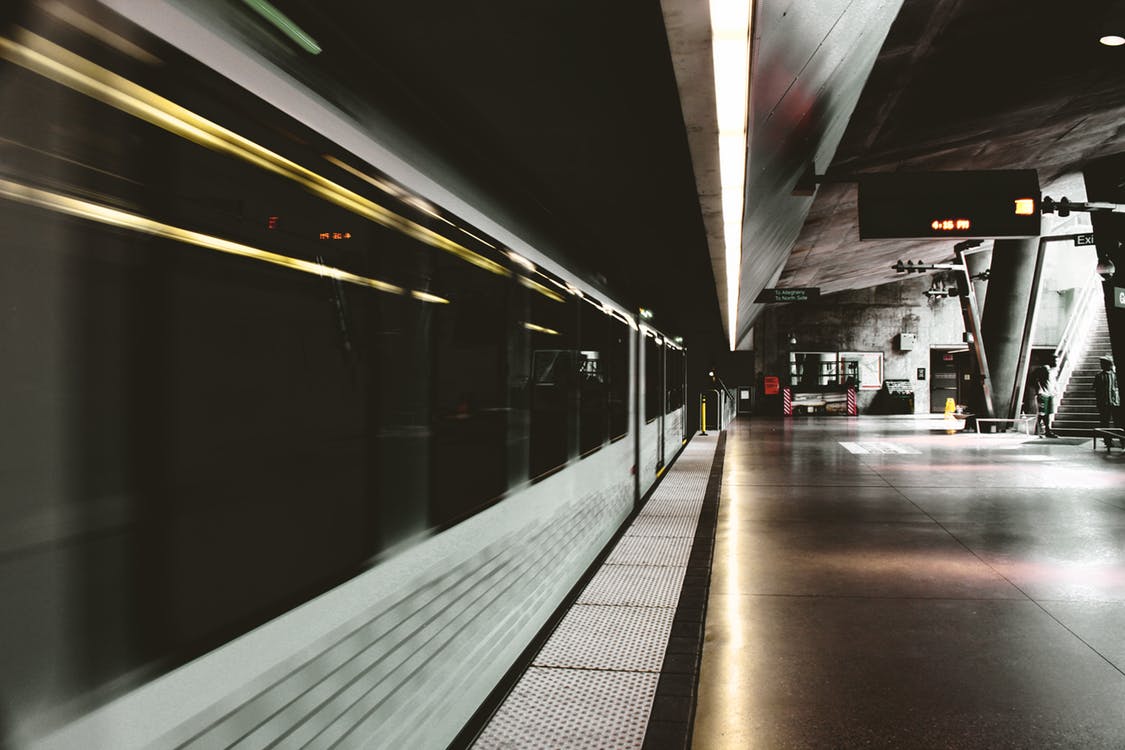This post is also available in:  Italian
Italian Spanish
Spanish French
French
Moving to London can be a daunting thought. It’s big, it’s fast and it’s expensive…so it’s important to plan ahead and to be as prepared as you can be.
Here are a few tips for living in London and what you need to know before you go.
Visas
The first hurdle when thinking about moving to London is to determine whether you need a visa or not. The British government’s website has a useful guide to help you check it out. Currently, all EU residents can relocate to the UK without a visa, though this may change following Britain’s decision to leave the EU.
Not from the EU? You could still be entitled to work, study or travel in the UK.
It’s always safest to double check on the GOV.UK website before you make any further plans.
Money

The UK uses the £GBP (Great British Pound). All major currencies can be exchanged in the UK and credit cards are accepted almost everywhere. It’s common in London not to carry cash as contactless debit and credit cards are accepted almost everywhere. ATMs are also plentiful, but watch out for ATMs charging a fee. The best option is to use ATMs of major banks which can be found all over the city.
Weather

It’s known for its rain and its fog, and for good reason. While the ‘Jack the Ripper’ style foggy streets of London may be a little overdone in the movies, you will probably find that the weather in the city is pretty dull. Summer can be lovely, and there’s nowhere as pretty as the banks of the Thames or a London park on a fine day, but it’s usually best to pack a rain jacket and an umbrella for those grey days.
Accommodation
You’ll need a place to stay. Accommodation in London can be really expensive so make sure you check all the additional costs before you book a place. Every property in the UK is subject to council tax which is payable by tenants on top of the rent. Then there’s gas, electricity, water, internet, TV and all other bills. If you rent through an agency, you may have tenancy and referencing fees to pay as well. Be sure you ask about all of the extras before you commit to renting as you could find yourself faced with bills you never expected.
On the other side, there’re some agencies that offer a one-stop shop for your accommodation needs that includes all bills and has flexible rental conditions so that you don’t have to commit to a long-term lease. All properties are fully equipped and there are no hidden extras.
Transport

London is really easy to navigate through. It has a brilliant transport network of underground trains (known as the “tube”), buses, overground trains and the Dockland’s light rail so that everywhere in and around the city is accessible. You can plan your journeys using the Transport for London page or by downloading the TFL (Transport For London) or city mapper apps.
An Oyster Card can save you time and money. There are many options to cover all types of visitors, workers and students in London. Fares and prices can be found on their page.
You can’t use cash on London’s buses so you will need an Oyster Card or a contactless debit/credit card.
London is divided into zones, with central London in zone 1 so keep in mind that the further you are from zone 1, the more expensive your commute becomes.
Language
Being the capital city of England, English is used in London. The city is a huge melting pot which is home to people from all over the world, representing all cultures and speaking all languages, so you’re very likely to find communities speaking other languages. If you’re hoping to improve your English, there are opportunities everywhere to meet with and talk to native English speakers. There are also excellent English language courses available in London with options available to learn at all levels.
Above all, London is fun! There are always new people to meet, places to go and things to do, so enjoy every moment and make the most of what promises to be an unforgettable experience.



